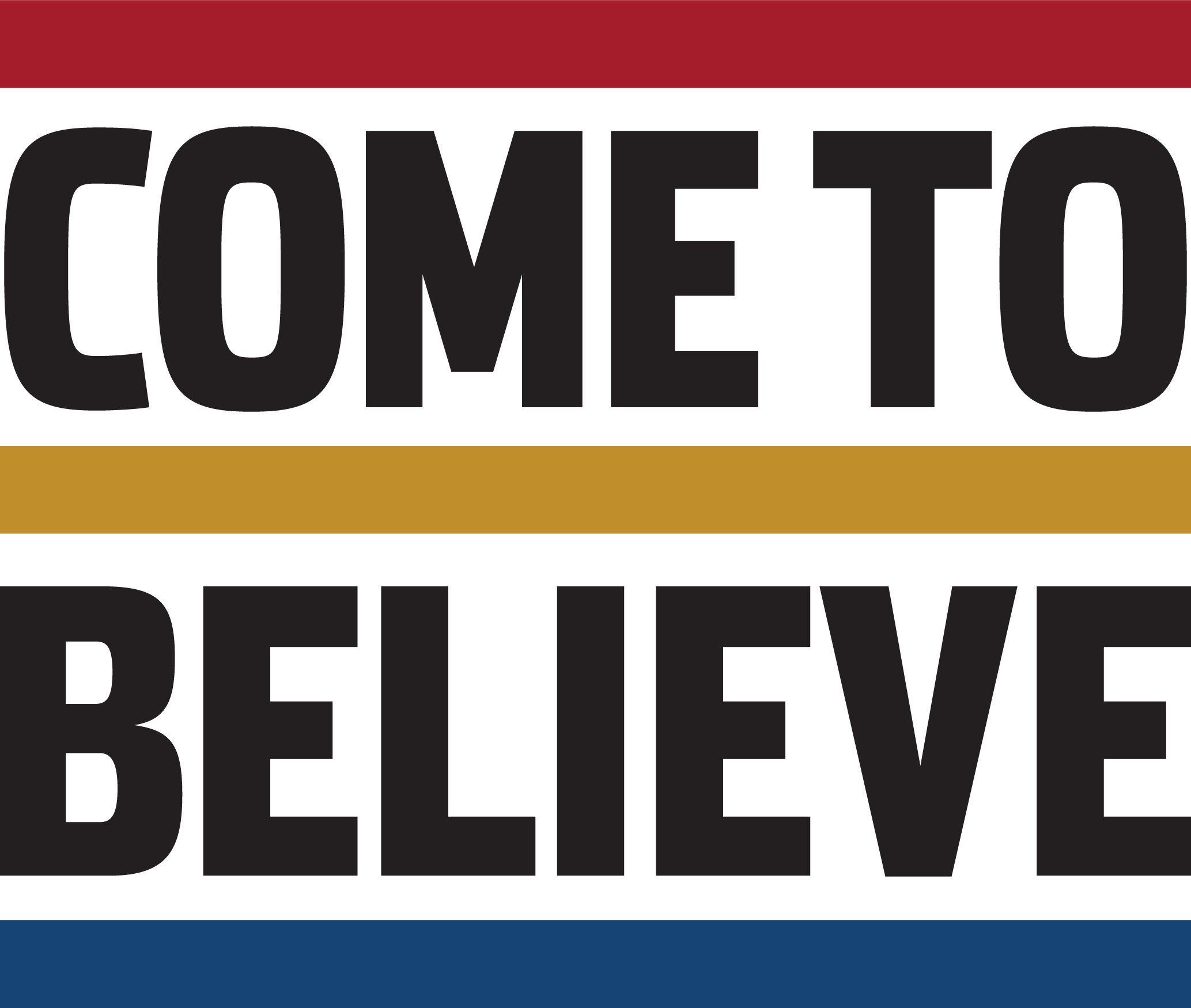Pell is Essential: Alumni Profile - Koko Agbobly
As Congress considers the level and structure of funding for federal need-based grant aid as part of its budget negotiations, Come to Believe is highlighting the voices of graduates from Arrupe College and Dougherty Family College. These talented individuals demonstrate the impact of federal investments in undergraduate financial aid. Their stories show that federal funding for financial aid, in the words of one alumna, is “not just helpful, it is essential.”
Tell us a bit about yourself. What year did you graduate from Arrupe/DFC? What are you up to now? What are your academic/professional goals?
My name is Koko Agbobly and I am a first generation college student. I am originally from Togo which is a small country in West Africa. My family came to Minnesota when I was 3 and we’ve been here since. I graduated from DFC in May of 2023 and now I am going into my last semester at the University of St. Thomas as an Exercise Science major with a minor in Psychology. I’ll be graduating spring of 2026. After my bachelor’s, I plan on going to grad school to pursue a career in occupational therapy.
What role did affordability play in your decision to attend college and DFC specifically?
Affordability was the main deciding factor that determined where I attended college. I have always been an academically driven student and knew I wanted to go college. For a very long time, I grew comfortable with the fact that I would just have to take out loans to make that happen. However, when I learned about DFC, I realized that doesn’t have to be the case for me.
How did DFC support you financially? How did that financial aid support help you be successful in college?
The financial support I received from DFC helped elevate a lot of the stress I had about paying for college. Before starting at DFC, this was my biggest worry. By taking my mind off that, I was able to focus on my academics as well as being more socially involved in my community at DFC.
How did attending DFC impact your life overall?
For me, DFC was a great way to start off my college journey. In high school, the idea of going straight into a four-year program at a university was daunting to me, especially since I didn’t know exactly what I wanted to do. I didn’t want to waste my time or money so DFC was a great option for me. I was able to get the necessary college credits and explore some career options that suited me. DFC will always hold a special place in my heart—I have built so many great friendships and meaningful connections during my time there.
What is a unique memory you can share with us from your time at DFC?
During my second year at DFC, I became a biology tutor. I was recommended to do it by my professor but I was hesitant to do it. I remember my first shift I was so nervous, I was afraid I wouldn’t be effective in my tutoring style but as I tutored some more I saw that I was able to help students clear misunderstandings I realized that I had the capability to be a good tutor after all. It was a very rewarding experience and it allowed me to see the potential my professor saw in me.
What would you say to a public official about the importance of financial aid for college students?
If I had the opportunity to speak directly to a public official on the current issue we face with financial aid I would say this:
For many lower income students like myself, financial aid isn’t just helpful—it’s essential. Finances play a role in whether college is even a possibility and due to this barrier many don’t even try to pursue a college education. If cuts are made to financial aid, it not only impacts the numbers we see on spreadsheets but it impacts real people. It creates even more barriers. By making college less affordable, it increases the dependency on loans and it especially harms students from marginalized communities who already face systemic barriers. All this results in an even wider gap in economic mobility. Investing in education is an investment in the futures of our young people.

